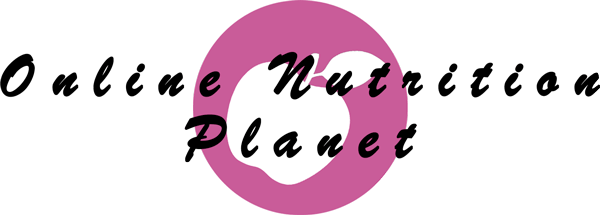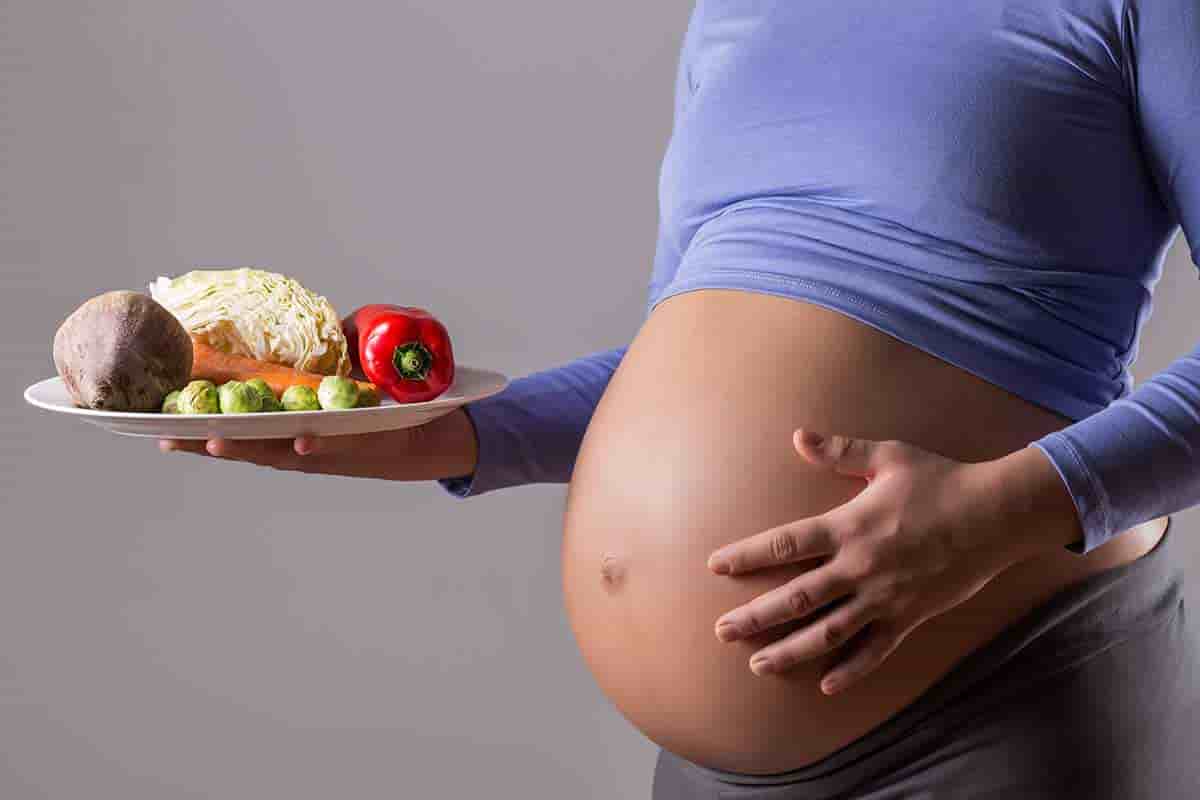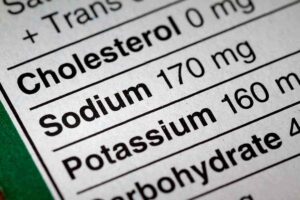Growing and developing a baby is one of the most demanding things your body will ever experience. It is almost a full-time job and can change several aspects of your life, making you almost feel like a different person. The biggest change you will experience is most likely your diet and nutritional requirements.
Nutrition is the most important aspect of prenatal development. Your baby is developing everything, and your nutrition is why these things can develop correctly. Most people believe they are getting what they need during pregnancy but may be missing out on some key nutrients.
(Source: Very Well Health, Med UIH)
Adjusting your diet shouldn’t be hard, assuming you are in decent health, but it may be a drastic change that you have to undertake. No matter how drastic changing your lifestyle may be, it is worth it for the nine months your baby needs it.
Article Contents
What Is Prenatal Nutrition?
Nutrition that is necessary during any month of pregnancy is considered prenatal nutrition. However, more specifically, prenatal nutrition is an area that is growing in studies and research as to how it relates to the extended life of a baby once it’s born. ..
While we know that “you are what you eat,” studies are starting to show that babies’ diets and lifestyle habits are being affected by things that happened while they were in the womb. Moms who ate a lot of fast food and had diets with high sugar and fats commonly have babies naturally gravitate to those kinds of food.
(Source: Encyclopedia,)
Why Is Nutrition Important For Prenatal Development?
Nutrition is important for prenatal development for a lot of reasons. While the baby is in the womb, the body and mind are growing and forming from the day of conception to the day of labor. Without proper nutrition, you can see minor issues, but you can also see catastrophic issues as well.
Low Birth Weight
Without the proper amount of food, your baby may not gain weight and grow as big as it needs to. This can cause severe issues at birth for your baby, such as:
- Eating issues
- Issues regulating body temperature
- Issues regulating blood sugar
- Underdeveloped organs
- Increased risk of illnesses
- In some cases, developmental delays are due to a lack of muscle mass.
No matter the issue, ensuring you are intaking enough calories throughout your pregnancy is crucial for healthy birth weight and properly grown organs and limbs.
(Source: CDC, Mayo Clinic)
Low Pregnancy Weight
During pregnancy, the average person should gain anywhere from 15-35lbs. Around 15lbs of that weight will be the baby and the amniotic fluid, but that’s not all your should gain. Gaining a bit more weight ensures you are eating enough to sustain both you and your baby.
Having a little more weight to carry around provides you with a few things such as:
- Extra fat storage for high-energy days of growth spurts
- It can help with regulating hormones after birth
- Contributes to breast tissue for easier milk production
- Extra energy storage for long labor marathon
- Fewer complications during labor and postpartum
Not gaining enough weight during pregnancy can contribute to pre-term labor due to your body not having enough nutrients or energy to continue growing your baby. Our bodies have a self-preservation process, and this is one of them, your body will try to have your baby before you, or it becomes seriously ill from a lack of weight gain.
(Source: Mayo Clinic, CDC)
High Pregnancy Weight
Gaining too much weight can cause a list of other issues that could be dangerous for you or your baby. Gaining too much weight, or even gaining too fast in some cases can cause issues such as:
- Gestational diabetes
- Preeclampsia
- High blood pressure
- Labor issues that could lead to a c-section
- Postpartum obesity
- Childhood obesity for the baby
- Heart issues for the mother
While doctors are well-versed in how to help these issues and the complications that come with them, it is always best to try and avoid the issues altogether. A good diet, walking daily, staying well hydrated, and staying away from sugary drinks are great places to start getting on the right track.
(Source: Encyclopedia, Wikipedia, Mayo Clinic)
Depleted Nutrients
Depending on what your diet looks like before you conceive, you may already be experiencing an issue with vitamins and minerals in your body, and once you get pregnant, that is only going to worsen.
When you get pregnant, your body will use all the nutrients and stored elements in your body to help your baby grow and survive, no matter what it does to your body to a certain extent. If your diet is too bad, this could cause a miscarriage.
Overall, your diet before you get pregnant is just as important as your diet while you are pregnant. Your baby will be living in your body for nine months, so making your body the healthiest it can be will not only help the baby, but it will always make the entire process easier on you.
What Are The Nutritional Needs For A Pregnant Woman?
Pregnant women have different nutritional needs than your average woman who isn’t growing a baby. You are now eating for two and making conscious health choices for both as well.
Eating fast food or foods high in fat or sugar content doesn’t just affect you. Your baby will begin to build a body based upon the nutrients you are providing it with.
While you are pregnant, you need to pay attention to a few specific nutrients to ensure the best possible growth outlook for your baby. Your baby will go through phases where they grow specific body parts and need more specific nutrients during those times.
(Source: John Muir Health, CDC)
Calcium
Your baby needs to grow everything, literally everything, and to do that; they have to get everything from you. When your baby is growing bones, you will want to pay special attention to your calcium intake. Calcium is required for bones, teeth, and cartilage, all of which your baby will grow around the same time.
A glass of milk every day can help your calcium intake, or watching the food you eat to make sure you are eating stuff that is rich in calcium regularly can also help.
Most people have no issues getting the necessary calcium they need, but it is always nice to have a heightened awareness.
Iron
Iron is a necessary nutrient to helping your red blood cells deliver oxygen to the rest of your body; this is the same thing iron does to your baby. A lack of iron can cause growth issues and oxygen issues that can cause severe complications after birth.
You can ensure you are getting regular amounts of iron in your diet by adding certain foods to your diet, such as:
- Red meat
- Dried beans
- Peas
- Iron-fortified food
Most women know they have iron issues if they crave chewing ice or burgers. These are signs that you may have an iron deficiency.
(Source: John Muir Health, Medline Plus)
Vitamin A
Vitamin A is important for your skin growth, eyesight, and bone health. Your baby will need as much vitamin A as you can give it; most doctors recommend 770 micrograms a day to ensure maximum absorption and growth.
Vitamin A can be found in the food you eat daily, such as:
- Carrots
- Dark Leafy Greens
- Sweet Potatoes
(Source: Mayo Clinic, CDC)
Vitamin D
Vitamin D, most often gotten from sunlight exposure, can help our liver process things and aid in the absorption of calcium to support bone growth. Low vitamin D can cause bone, teeth issues, as well as jaundice issues postpartum for your baby.
You can get vitamin D from sources such as:
- Fish with higher fat content
- Sunlight exposure
- Milk with added vitamin D
- Vitamin D supplements
(Source: John Muir Health, Medline Plus)
Vitamin B
Vitamin B helps maintain your nervous system health, which feeds into every other system your body has. It also helps to form red blood cells, which transport oxygen to the rest of your body.
Both of these functions are crucial to the development of a baby in-utero, so you must get a good amount of vitamin B in your diet. It’s recommended that you get 1.9mg daily of vitamin B6 and 2.6 micrograms of B12.
What Nutrients Do You Need In A Prenatal Vitamin?
Prenatal vitamins are amazing supplements that help fill in the gaps of your nutrition while pregnant. They are supplements, so they shouldn’t be relied on for the majority of your nutrition, but they can help when you fall short.
There are a wide variety of prenatal vitamins on the market, but to make the choice about which one you need to take, there are a few things you should look for. The things that have to be in your prenatal, to help you the most, are:
- Iron
- Folic Acid
- Calcium
- Vitamin C
- Vitamin A
- Vitamin D
- Vitamin B
- DHA
While your provider may recommend that you need other things as well, these are generally the most important vitamins and nutrients a growing baby and pregnant mom need.
(Source: March Of Dimes, Mayo Clinic)
What Trimester Is Nutrition Most Important?
No matter what trimester you are in of pregnancy, your nutrition matter as important as any other. In the first trimester, you have to support organs and the central nervous system growth.
In the second trimester, you have to support respiratory and lymphatic system development and the connection of all the babies’ systems. In the third trimester, you support the growth of everything, organs, systems, and the body.
In any trimester, your baby needs just as many nutrients as any other to continue to grow, develop and be ready for labor. Gaining weight is just as important as growing organs.
Throughout your nine months of pregnancy, stay strong with your nutritional requirements and desires. Your baby’s health and future will be due to you and the great choices you make.
(Source: John Muir Health, Medline Plus)
Final Thoughts
Pregnancy can be the most amazing time of your life; it is wonderful being able to grow and nourish a baby for nine months. However, it’s not always a walk in the park; nutritionally, you may have to change up quite a few things to support your new lifestyle.
The great thing is that most people only need a prenatal vitamin to supplement them without changing up their entire lives. Your nutrition during pregnancy not only helps you, but it develops and grows your baby from start to finish.




